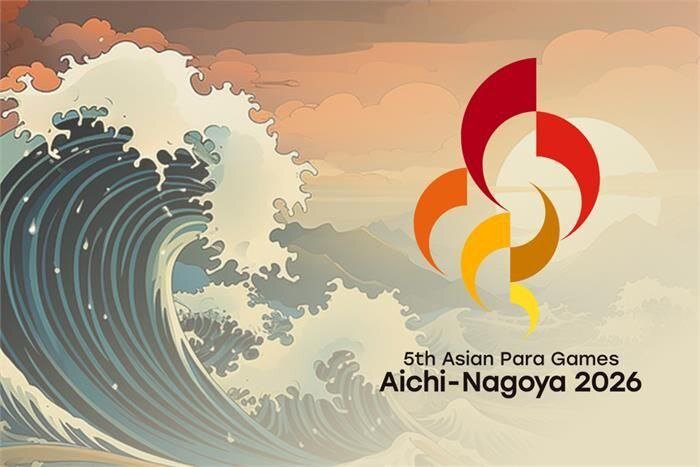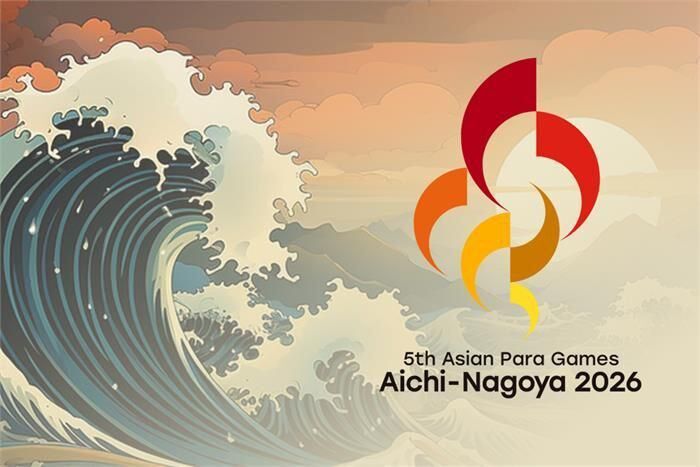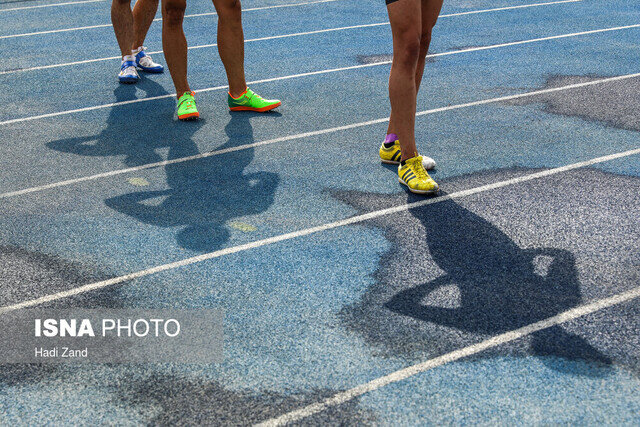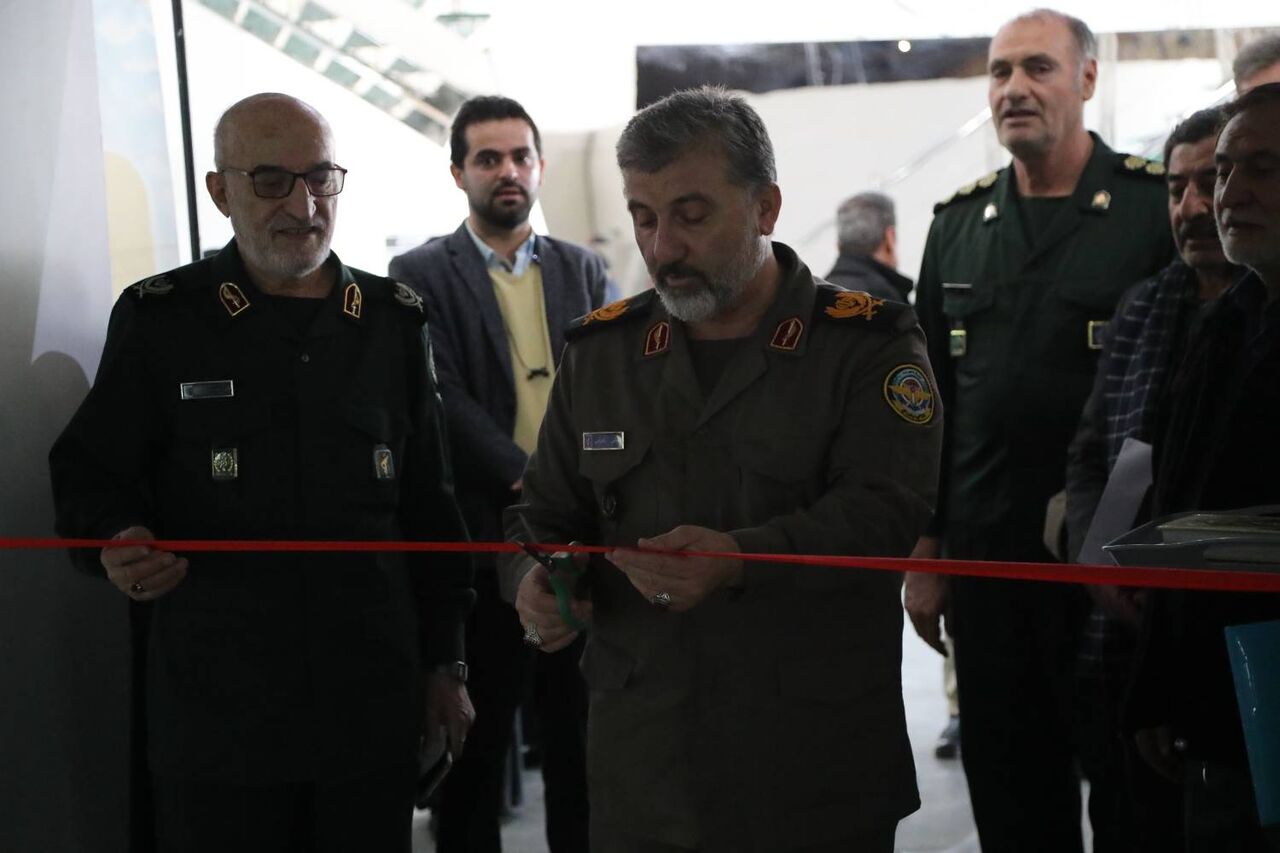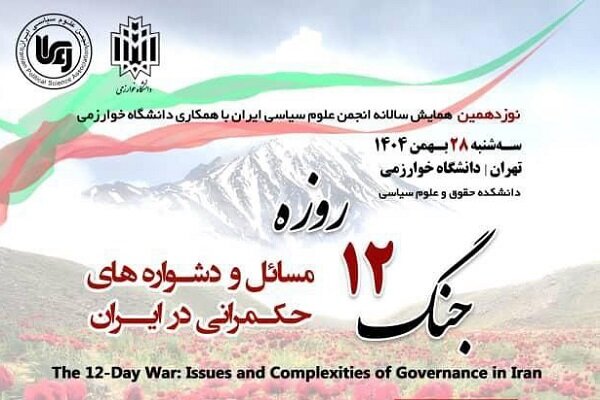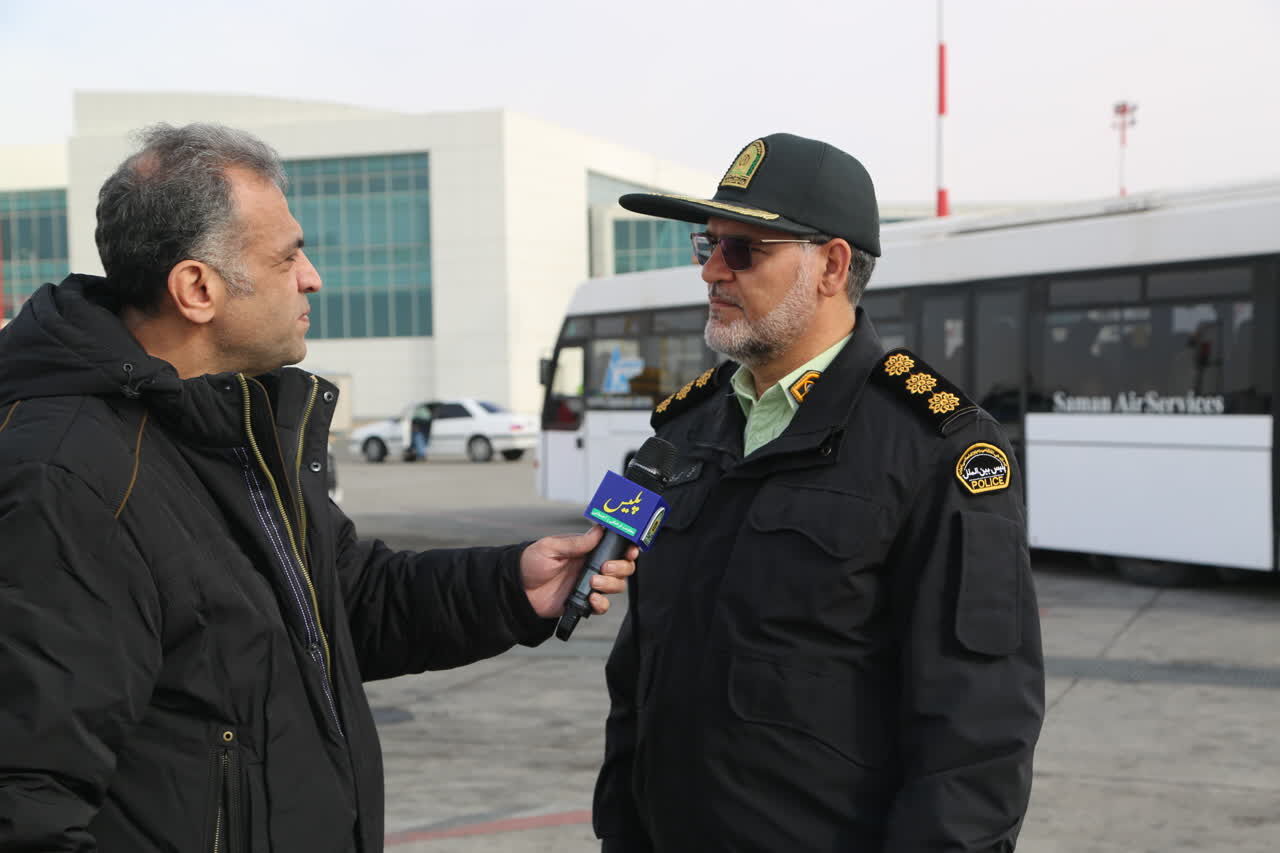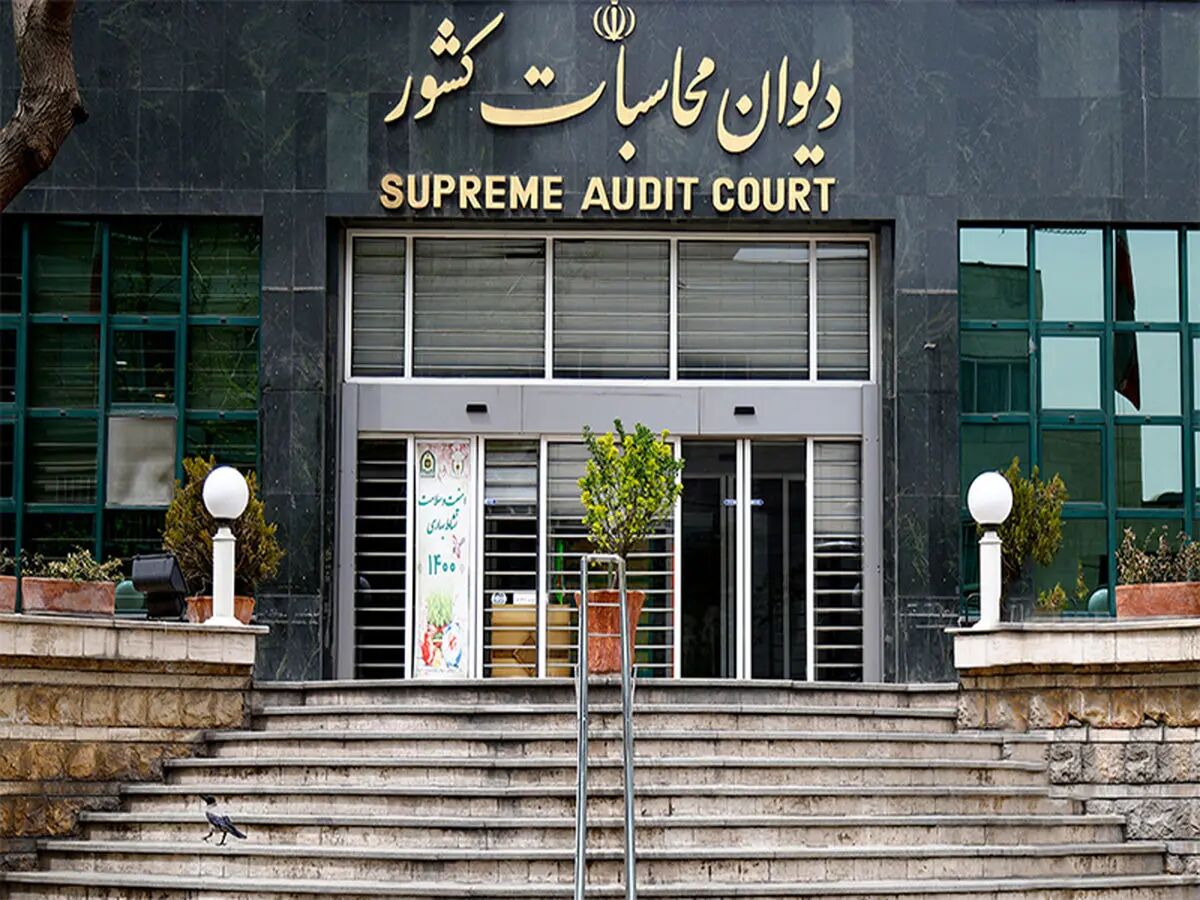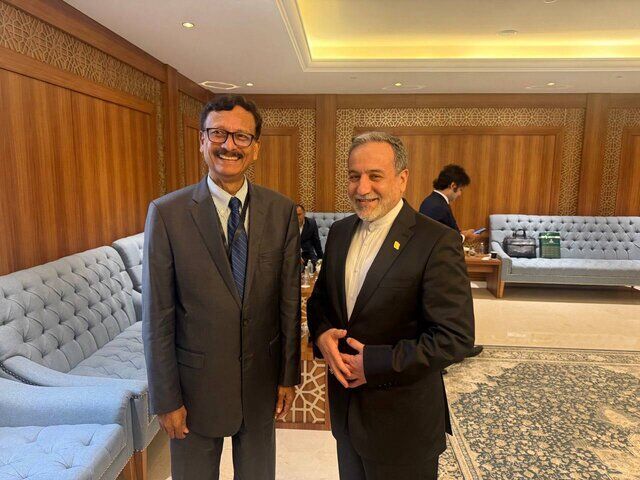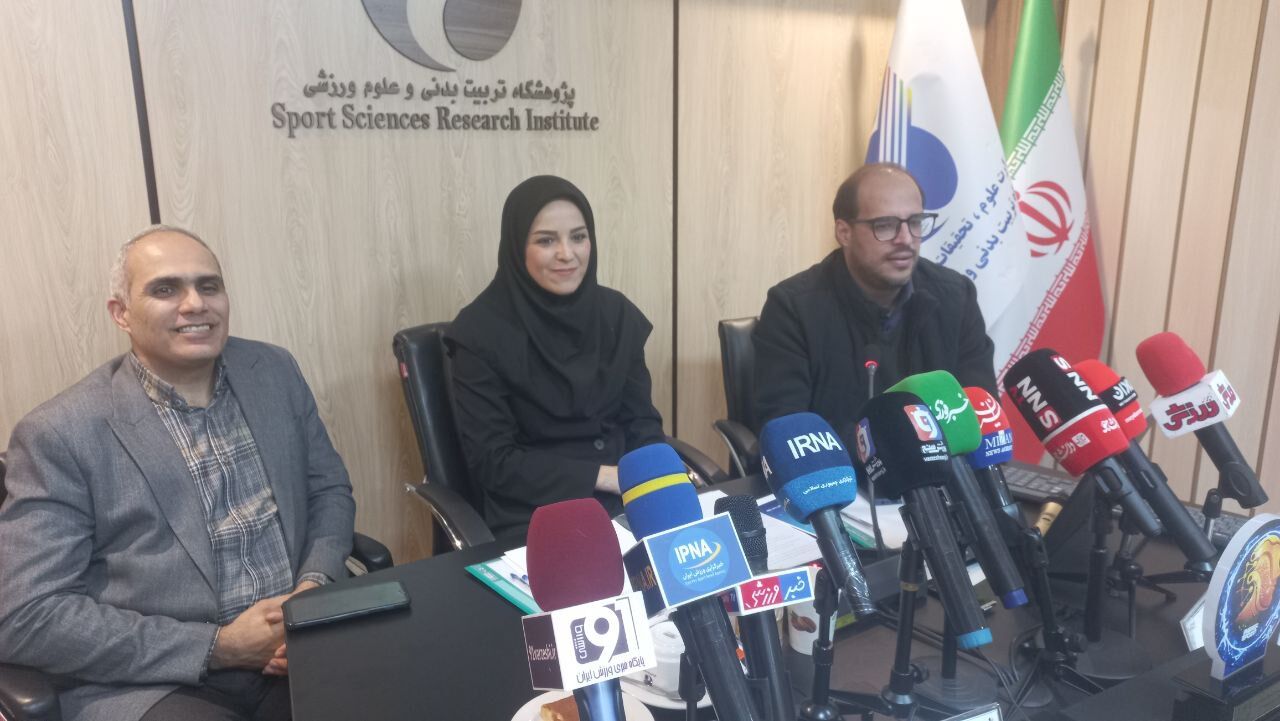'Stenography': BBC report inside Gaza rekindles criticism over genocide coverage
'Stenography': BBC report inside Gaza rekindles criticism over genocide coverage

The BBC’s latest on-the-ground report from Gaza has sparked sharp criticism online, with journalists and social media users accusing the broadcaster of biased framing and limited access.
In the published article, “Inside Gaza, BBC sees total devastation after two years of war,” Middle East correspondent Lucy Williamson was given access to the enclave, where the Israeli military took her around.
“The brief visit was highly controlled and offered no access to Palestinians, or other areas of Gaza,” the report reads. “Military censorship laws in Israel mean that military personnel were shown our material before publication. The BBC maintained editorial control of this report at all times.”
Social media users condemned the report as well as the framing of the genocide that has killed more than 70,000 Palestinians as the “Gaza War”. The United Nations has recognised the war on the enclave as a genocide.
Journalist Richard Sanders took to X to write an extensive critique, which sparked further discussion about the outlet’s coverage.
“The BBC finally gains access to Gaza. The result is this truly appalling bit of reporting,” he wrote in the post. “To most observers it has been blindingly obvious for more than a year that Israeli is engaged in a systematic campaign to render Gaza unliveable. In Beit Hanoun there is scarcely a stone standing on top of another stone. She really thinks this is all a by-product of fighting against Hamas?"
“No less than 10 of the paragraphs in the piece are ‘Israel says’ paragraphs - almost none of them challenged,” he continued.
Other reporters and media analysts echoed similar concerns, arguing that the BBC’s approach reflects a wider problem in western coverage of Gaza.
The biggest crime after the genocide of palestinians is the massacre of truth in western israel says media https://t.co/TZql1oFv9a
— Hammad Shakil (@hammadshakill) November 6, 2025
Many pointed to the decision to label the ongoing assault a “war” rather than a “genocide” as evidence of the outlet's pro-Israel bias.
"And yet, Israel controlled its access to Gaza, forbade contact with Palestinians, advised on the language used & approved the report for publication," one social media user posted on X. "This is not news. It's stenography."
Another social media user wrote: "People sometimes mistake the BBC for being monolithically pro-Israel. But in truth it does just enough, at the crucial moments, to subtly erase the genocide. That's what makes it such an effective propaganda tool."
I’m done with anything coming from @BBC
— Abier (@abierkhatib) November 6, 2025
They have been one of the main pillars propping up the genocide in Gaza, helping Israel get away with its crimes. https://t.co/Aqzautebec
In addition to backlash over the article, the BBC has also faced criticism for its coverage of a leaked video showing a Palestinian boy being raped in an Israeli prison.
A post on X from The Centre for Media Monitoring highlighted the difference in headlines between those of the BBC and Middle East Eye.
Compare the headlines: @MiddleEastEye names a “Palestinian prisoner rape scandal,” while @BBCNews reduces it to a “video leak.” removing the victim and sanitising the story.
— The Centre for Media Monitoring (CfMM) (@cfmmuk) November 3, 2025
When media erase context, they don’t stay neutral. they distort reality.#Gaza #Israel pic.twitter.com/zuxPcsxyze
UN special rapporteur Francesca Albanese quoted the post on X and condemned Israel for shifting the focus from the rape of the prisoner to the leak of the video - a framing that the BBC echoed in its coverage.
British actor and comedian John Cleese responded to the post, saying: "I no longer trust BBC News."



